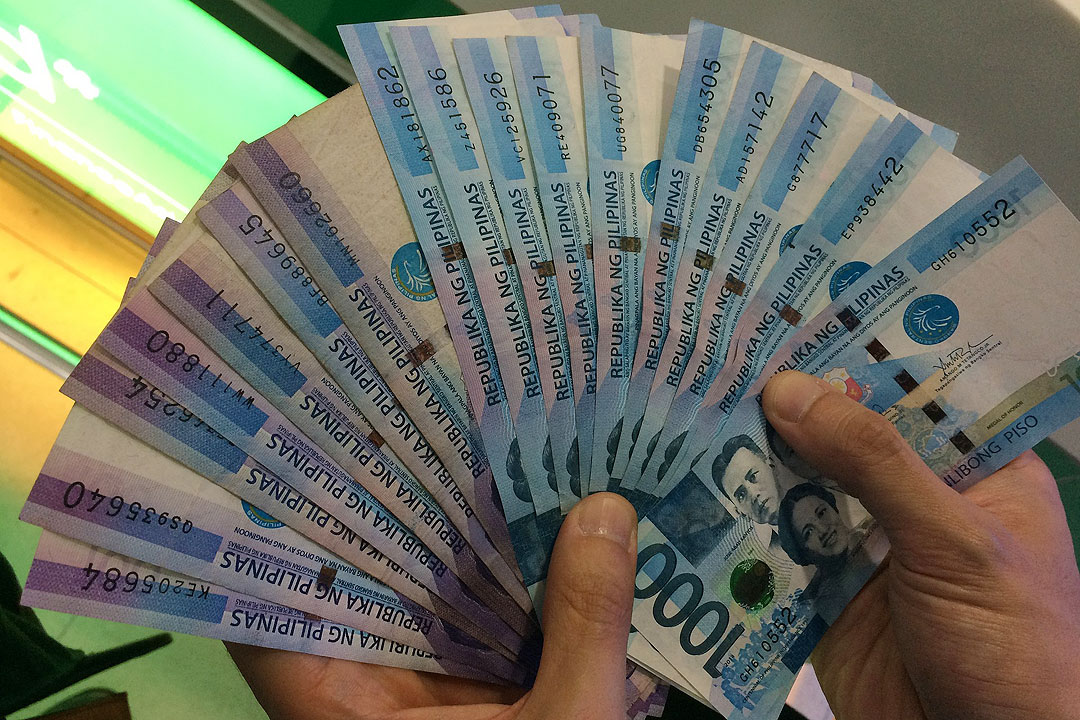
Upgrade to High-Speed Internet for only ₱1499/month!
Enjoy up to 100 Mbps fiber broadband, perfect for browsing, streaming, and gaming.
Visit Suniway.ph to learn
Keisha Ta-Asan - The Philippine Star
August 5, 2025 | 12:00am
BSP Deputy Governor Mamerto Tangonan said the central bank has determined that these global digital wallets act only as technology service providers and do not directly handle or store funds, which are key factors in determining whether they should be classified as OPS.
STAR / File
MANILA, Philippines — Apple Pay and Google Pay may now operate in the Philippines without securing registration from the Bangko Sentral ng Pilipinas, as their current structure does not fall under the BSP’s definition of an operator of payment systems (OPS).
BSP Deputy Governor Mamerto Tangonan said the central bank has determined that these global digital wallets act only as technology service providers and do not directly handle or store funds, which are key factors in determining whether they should be classified as OPS.
“We deemed them not to be an OPS because their activity is not an OPS activity,” Tangonan said.
“They are considered technology service providers. It’s up to the financial institutions to assess them, because the party accountable to the BSP is the financial institution. If anything happens, it’s the payment service provider (PSP) that is answerable to us,” he added.
Both Apple Pay and Google Pay allow users to make financial transactions through near-field communication devices. By linking their debit or credit cards and e-money accounts, users can simply tap their smartphones or smartwatches to pay at merchants that accept contactless payments.
Tangonan emphasized that the BSP is not imposing any regulatory barrier on the entry of these services in the local market.
“There’s no regulatory hurdle,” he said.
Unlike in some other countries where digital wallets like Apple Pay may hold funds in user accounts, their Philippine implementation is purely transactional.
“In other countries, Apple Pay may hold an account with stored funds. But the way they’re executing it here, there’s none of that,” Tangonan noted.
In the Philippines, Apple Pay and Google Pay simply read the user’s card credentials to complete a transaction, without ever holding money or entering into merchant agreements.
“There’s no wallet, no money passing through them,” Tangonan said. “They just read the credentials, that’s it. And there’s no direct contract between them and the merchants.”
With regulatory clearance no longer an issue, the rollout of Apple Pay and Google Pay in the country is now a matter of timing and business decisions by local banks and payment providers.
“Since it’s the PSPs that are responsible, maybe they’re just being careful and evaluating thoroughly,” Tangonan said. “That actually works for us, it’s the market at work.”

 1 week ago
5
1 week ago
5



